Optimal Timing for Windows Installations
Understanding the optimal timing for Windows installations can enhance system performance and reduce downtime. The choice of timing depends on various factors, including workload, system readiness, and seasonal considerations. Proper scheduling ensures minimal disruption and maximizes the efficiency of the installation process.
Spring and fall are often preferred due to moderate temperatures and less operational pressure, facilitating smoother installations.
Early mornings or late evenings are ideal to minimize impact on daily activities and workforce productivity.
Mid-week days such as Tuesday through Thursday typically offer the best window for installations, avoiding weekend or Monday rushes.
Scheduling installations when systems are least in use can prevent operational disruptions and allow for thorough testing afterward.
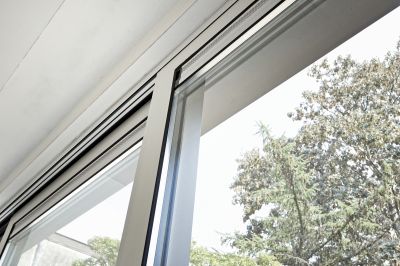
Spring offers moderate temperatures, ideal for hardware and software updates.

Late evening installations minimize disruption to daily operations.

Mid-week days often provide the best balance of personnel availability and operational flow.

Ways to make Windows Installations work in tight or awkward layouts.

Popular materials for Windows Installations and why they hold up over time.

Simple add-ons that improve Windows Installations without blowing the budget.

High-end options that actually feel worth it for Windows Installations.
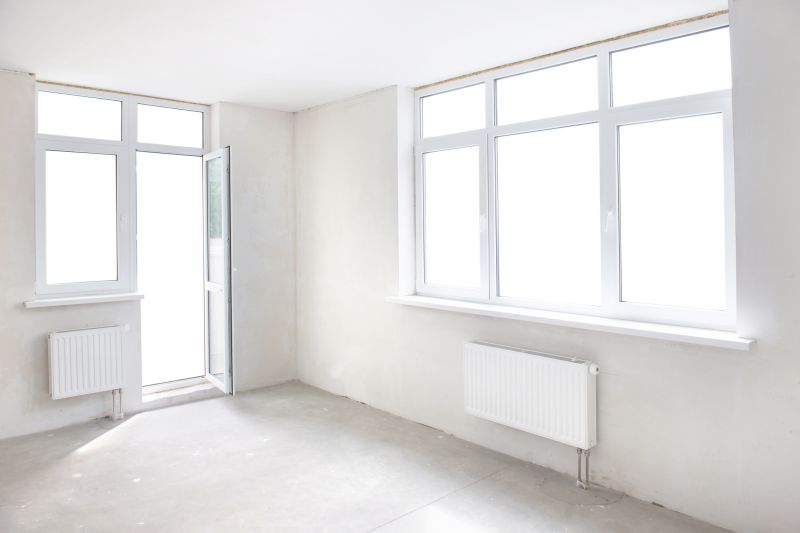
Finishes and colors that play nicely with Windows Installations.
The process involves careful planning to ensure compatibility with existing hardware and software. Proper timing can prevent data loss and minimize downtime. Advanced preparation, such as backing up data and scheduling during low-traffic periods, is essential for a successful installation.
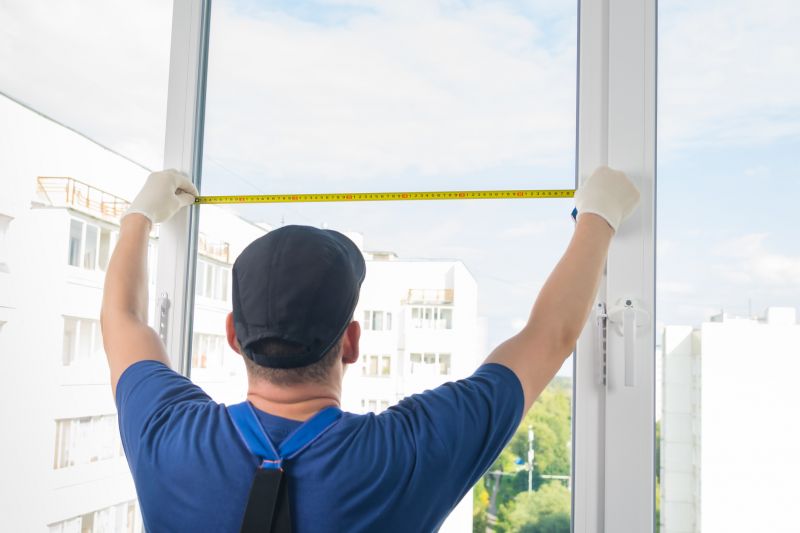
Pre-installation backups safeguard data and ensure recovery options.
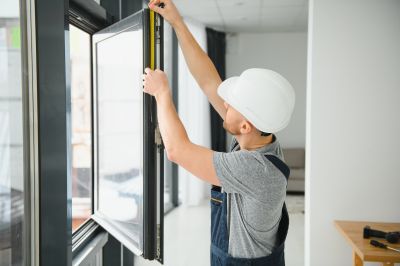
Checking hardware readiness prevents post-installation issues.
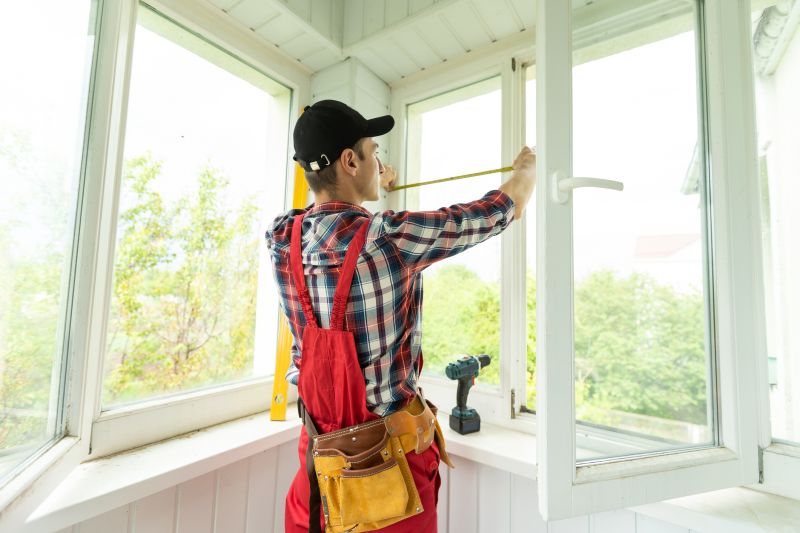
Verifying system functionality confirms successful setup.
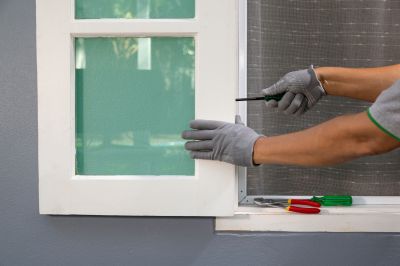
Post-install tweaks enhance performance and stability.

Little measurements that prevent headaches on Windows Installations day.

A 60-second routine that keeps Windows Installations looking new.

A frequent mistake in Windows Installations and how to dodge it.

Small tweaks to make Windows Installations safer and easier to use.
| Aspect | Recommendation |
|---|---|
| Season | Spring or fall |
| Time of Day | Early morning or late evening |
| Weekday | Tuesday to Thursday |
| Preparation | Back up data prior to installation |
| System Check | Ensure hardware compatibility |
| Post-Install | Conduct thorough testing |
| Business Cycle | Schedule during low activity periods |
Choosing the right time for Windows installations can lead to smoother updates and better system performance. Proper planning and timing minimize operational disruptions and ensure that systems are updated efficiently. If interested in scheduling Windows installations, consider consulting with a professional to identify the most suitable timing based on specific operational needs.



